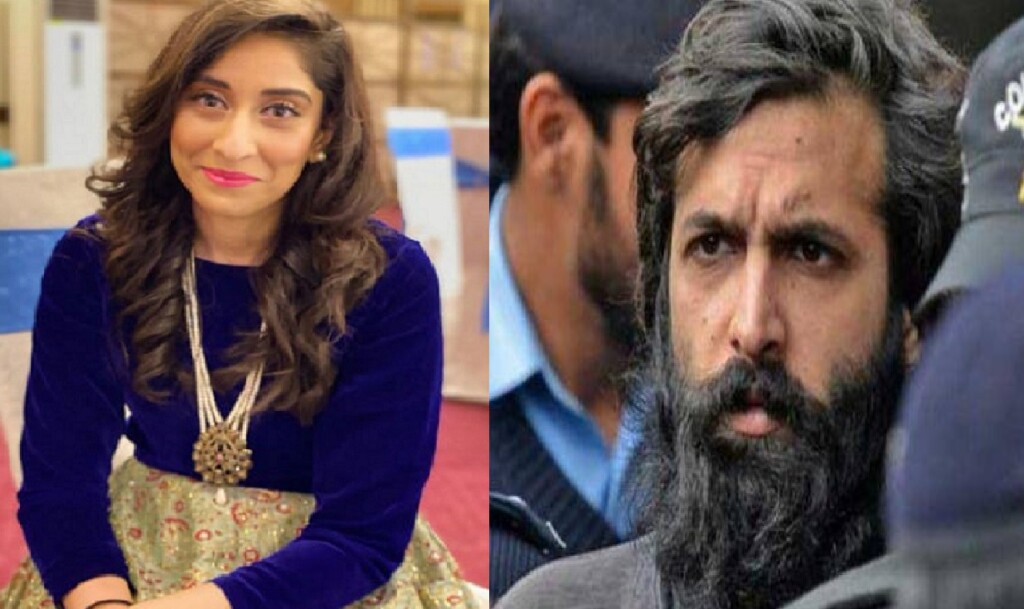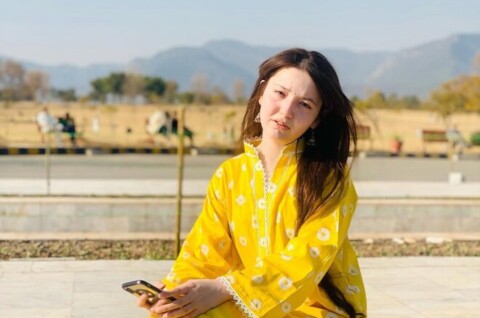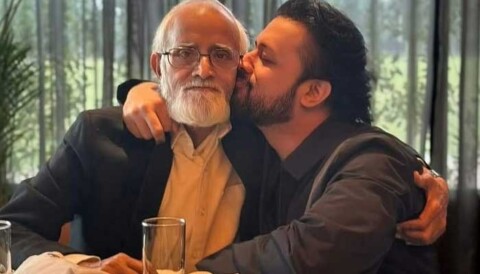The Case That Gripped a Nation
When the Noor Mukadam vs Zahir Jaffer case finally reached a verdict, every Pakistani was watching. The case garnered extraordinary public attention due to the social prominence of both the victim and the accused. Unlike many other gender-based violence cases in Pakistan, this case involved individuals from influential families—creating a seemingly level playing field that prevented an out-of-court settlement or manipulation of the judicial process.
A Landmark Verdict or an Anomaly?
Though Noor hailed from a privileged background, her brutal murder in 2021 and the subsequent conviction of Zahir Jaffer served as a rare example of justice in a country where victim blaming and femicide often go unpunished. While the Islamabad Supreme Court upheld a death sentence for Zahir, public sentiment remains divided on whether this was truly a step forward for justice or just a one-time exception because of the public spotlight and balanced influence on both sides.
The Grim Reality of Gender-Based Violence in Pakistan
In 2024 alone, over 2,000 domestic violence cases, 500 honor killings, and 5,000 rape cases were reported in Pakistan. Yet, the conviction rate remains below 2 percent (The Diplomat). According to the Sustainable Social Development Organization (SSDO), 24,000 abductions and kidnappings were reported in the same year, with a shocking conviction rate of just 0.1 percent.
These women and girls were not in live-in relationships or challenging familial honor—they were simply victims of gender-based violence. The Istanbul Convention states that violence against women is rooted in gender, and that it is the state’s obligation to prosecute these crimes. Without institutional accountability, true justice cannot be achieved.
Zahir Jaffer’s Defense and Mental Health Plea
Zahir Jaffer’s defense attempted to use mental illness as a mitigating factor, but the court rejected the plea, citing lack of prior documentation. Despite the damning evidence—CCTV footage, witness testimonies, and forensic proof—the absence of a court-appointed mental health evaluation leaves a lingering question: could this plea be used by future perpetrators to escape justice?
A watertight conviction, bolstered by psychiatric evaluation, could have sealed the verdict against potential appeals or manipulations. The public celebrated the decision, but legal experts ponder whether skipping a formal evaluation might affect the strength of the conviction in the long term.
Societal Biases and Judicial Remarks
Though justice was served, troubling remarks from some judiciary members raise concerns. Justice Najaf’s statement linking “live-in relationships” to societal decay during Noor’s case undermined the gravity of the crime. By shifting focus to Noor’s personal choices, the judiciary risks reinforcing a mindset of victim-blaming.
Much like the infamous Motorway incident, where a police official questioned a rape survivor’s late-night travel, such comments reflect systemic bias. The judicial system must focus on facts and evidence, not morality.
The Need for Systemic Reform
The Noor Mukadam case has become a symbolic victory, but thousands of women continue to suffer without justice. While Noor’s background allowed her case to remain in the spotlight, most women in Pakistan lack the social or financial support to pursue legal battles.
A just system must:
- Treat every femicide as a standalone crime
- Separate personal morality from judicial reasoning
- Ensure mental health evaluations are handled transparently and timely
- Maintain consistency in verdicts, regardless of the victim or perpetrator’s social status
Conclusion: Justice for One, or for All?
Noor Mukadam’s verdict has set a powerful example, but it must be followed by structural changes. Justice must not depend on media attention or the social standing of those involved. Every Zahir Jaffer must be tried fairly, and every Noor Mukadam must receive justice.
Let us hope Noor’s story paves the way for a more just and equitable legal system. Her battle must not be in vain—and for the sake of thousands of silent victims, we must ensure it isn’t.







